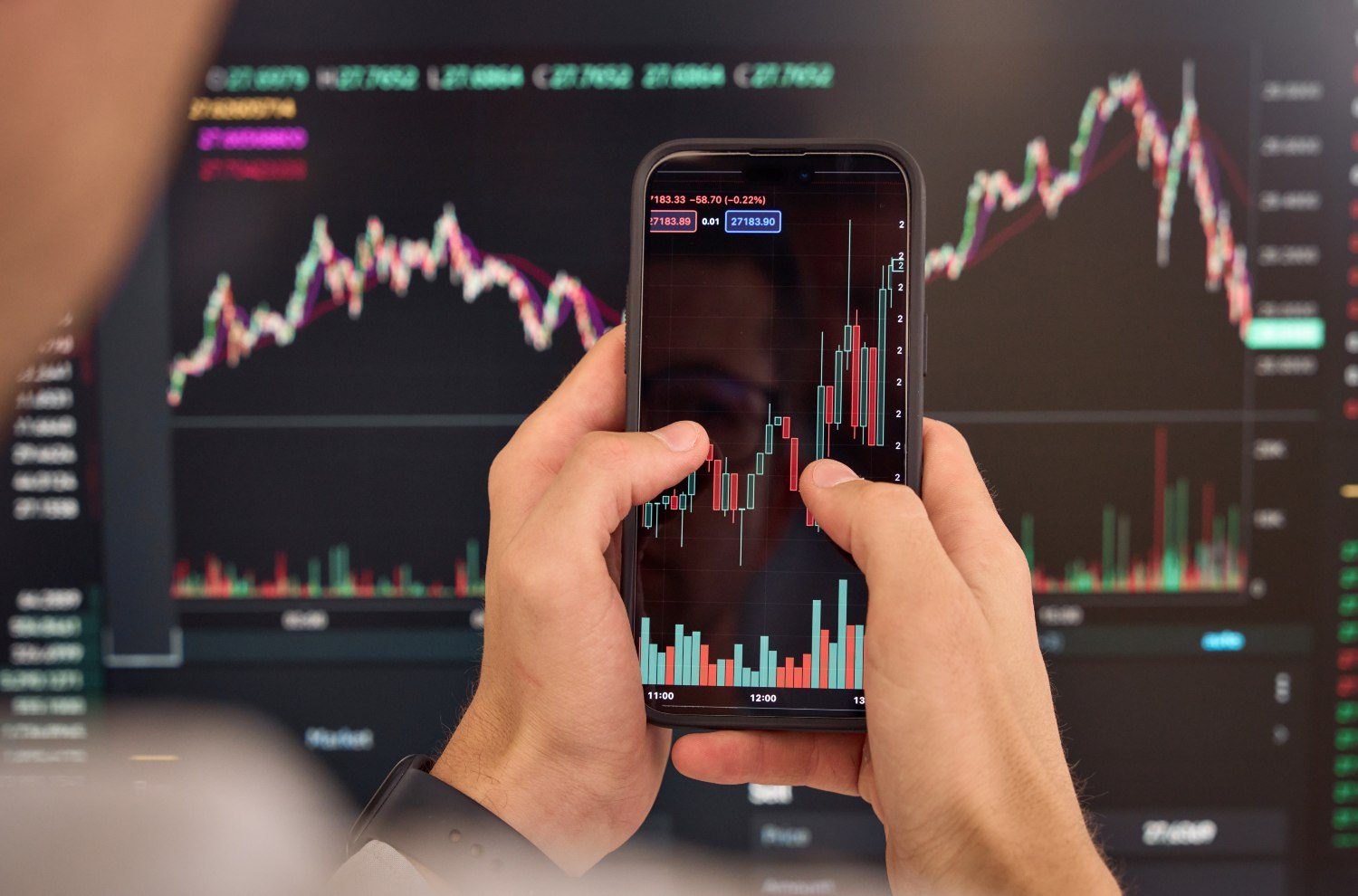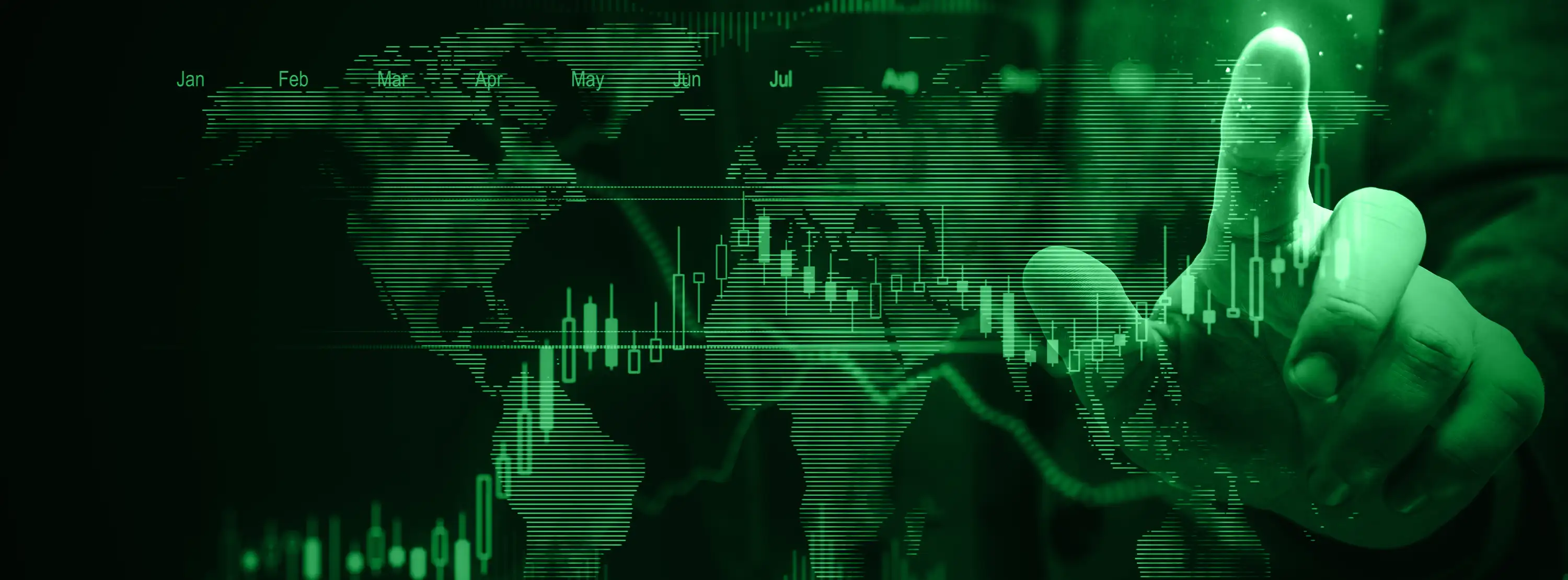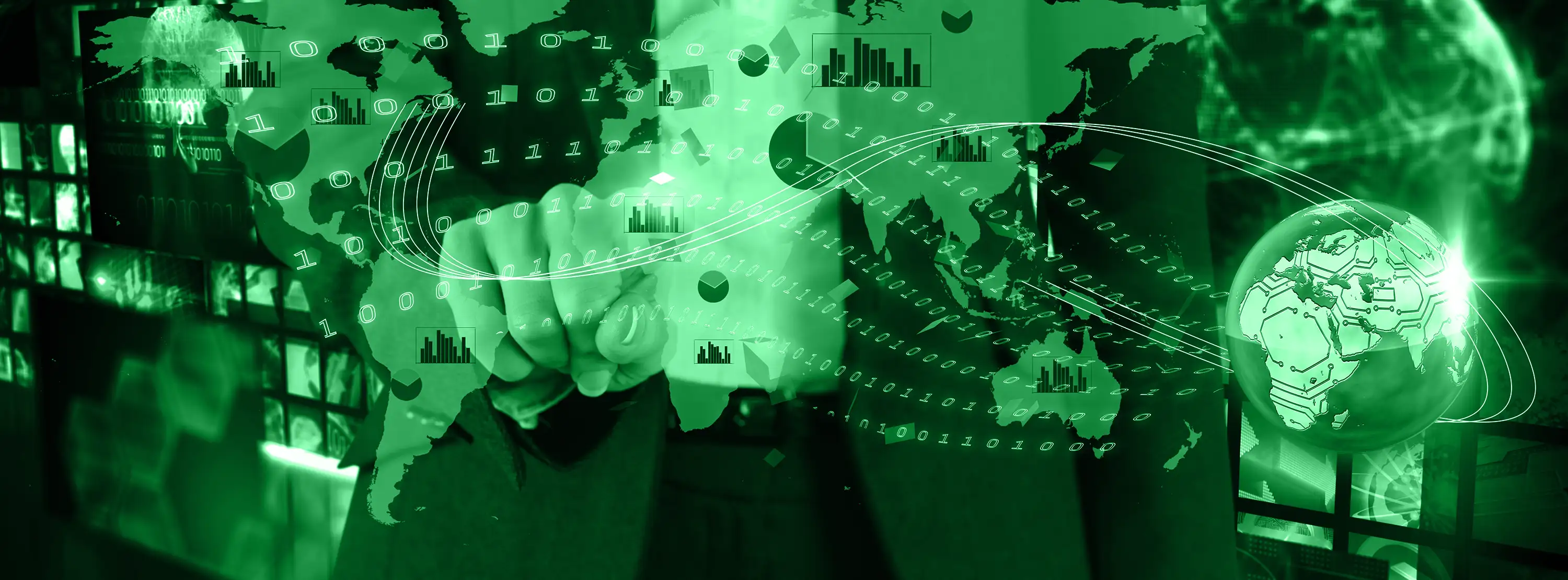
Introduction:
Artificial Intelligence (AI) has had an impact, on industries, including forex trading bringing about transformative changes. It possesses the ability to analyze datasets identify patterns and predict future trends potentially uncovering profitable trading opportunities. This is primarily due to its capabilities in recognizing patterns analyzing data and making decisions.
In trading, AI can be utilized in many ways:
1. Predictive Analytics: AI excels at sifting through amounts of data detecting patterns and making forecasts based on real time as well as historical data. It heavily relies on machine learning techniques to forecast market trends in the industry. Machine algorithms are specially designed to evaluate price data, technical indicators, chart patterns and more. The resulting insights are then used to identify patterns and trends that offer clues about the direction of price movements.
2. Risk Management: AI has become a component of risk management strategies in forex trading. It plays a role, in developing risk management approaches that help traders mitigate risks. For instance AI can automatically create stop loss orders that exit a trade when prices reach levels. This technology also assists in devising position sizing strategies that allow traders to control their exposure based on their risk tolerance and account size.
3.Automated Trading Execution: Trading platforms powered by AI have the capability to automate tasks, such, as executing orders and managing risks. This automation not saves time. Also reduces errors made by humans ultimately making forex trading more efficient.
4. Enhanced Market Analysis: AI algorithms have the ability to process volumes of data in time enabling traders to make well informed decisions based on the latest information available. This empowers traders to execute transactions with precision and speed thereby increasing the potential for profits.
However there are challenges associated with using AI in trading. These challenges include the need for transparency, in how AI’s applied job displacement caused by AI driven systems, high initial costs involved in implementing AI technology and the risk of mechanical failures or scams. Additionally it is important to note that the quality and quantity of data on which AI is trained heavily influences its performance; insufficient data can lead to results.
Despite these challenges it is clear that AI technology is here to stay in trading. Traders who ethically embrace this technology can benefit from reduced error improved trading strategies, better risk management techniques, optimization of trading approaches and efficient forecasting methods.
To summarize AI has the capability to transform trading by improving decision making, managing risks better and automating trade execution. Nevertheless traders should be aware of the challenges linked to AI. Take measures to minimize potential risks.
Benefits of Using AI in Forex Trading:
Artificial Intelligence (AI) has numerous advantages when it comes to managing risks in forex trading:
1. Improved Decision Making: By efficiently processing vast amounts of data, AI can make well informed decisions based on historical patterns and real time market conditions. Traders can rely on AI algorithms to analyze market trends, news releases and economic indicators with remarkable accuracy and speed, enabling them to make informed trading choices.
2. Minimization of Emotional Bias: AI driven trading systems operate solely on logic and data, removing the influence of emotions such as fear and greed. This ensures that trading decisions are made based on objective analysis, reducing the likelihood of impulsive or irrational trades.
3. Continuous Learning and Progress: AI powered trading systems have the capability to learn from past mistakes and adapt to changing market conditions. Through machine learning algorithms, these systems can analyze trading data and identify patterns that lead to successful trades. This ongoing learning process allows AI to continually enhance its trading strategies over time.
4. Enhanced Efficiency: AI powered trading systems execute trades at remarkable speeds, eliminating delays and ensuring timely execution. Additionally, AI algorithms can monitor multiple currency pairs and market conditions simultaneously – a task that would be humanly impossible for traders to handle manually.
This increased efficiency enables traders to seize market opportunities and respond promptly to real time changes.
5. Risk Management: AI in forex trading proves to be effective in managing risk. By utilizing AI algorithms, risk levels can be calculated and trade sizes can be automatically adjusted based on predefined risk parameters. This helps traders maintain a disciplined approach to risk management and avoid excessive losses.
6. Improved Accuracy and Reduction in Human Error: The presence of AI in forex trading brings several advantages such as enhanced accuracy, minimized human error, improved risk management and the automation of repetitive tasks.
7. Automation of Repetitive Tasks: AI powered systems have the capability to automate numerous repetitive operations involved in forex trading, including data processing, trade execution and risk management. This automation not only allows traders more time to focus on developing strategies and making informed decisions but also boosts overall trading process efficiency.
However, it is important to acknowledge that while AI offers a myriad of benefits, there are also potential drawbacks such as reliance on historical data, technical complexity, over optimization concerns and the absence of human judgment. Traders must also consider potential negative consequences like increased expenses, job displacement concerns, overdependence on technology and ethical considerations.
Hence, gaining an understanding of the pros and cons of utilizing artificial intelligence in forex trading can greatly aid traders in making informed decisions and implementing strategies that effectively capitalize on its benefits while mitigating any potential downsides.
Ai Powered Risk Management Tools:
AI powered risk management tools have gained significant popularity in the forex trading industry due to their ability to analyze large amounts of data, identify patterns and make well informed decisions. There are several examples of AI powered risk management tools used in forex trading;
1. Expert Advisors (EAs): These algorithmic trading systems can automatically execute trades based on predefined rules and strategies. Traders can customize EAs to manage risk by setting stop loss orders, take profit levels and position sizing strategies.
2. AI based risk management systems: These systems evaluate historical data, market conditions and news sentiment to assess the specific risks associated with different currency pairs. As a result, traders can make informed decisions and implement suitable risk mitigation strategies.
3. Custom Indicators: AI powered custom indicators analyze market data in real time to provide insights into potential risks and opportunities. Traders can utilize these indicators to fine tune their trading strategies and effectively manage risk.
These AI powered tools enable traders to monitor the market around the clock, execute trades based on predefined strategies and effectively manage risks on their behalf. By leveraging AI technology in risk management practices, forex traders can enhance decision making processes, minimize the likelihood of significant losses and achieve efficient risk management practices.
Conclusion
In summary, Artificial Intelligence (AI) has brought significant changes to the world of forex trading, offering a range of benefits including improved predictive capabilities, automation, better risk management and enhanced data analysis. AI algorithms can analyze large volumes of data, identify patterns and make informed decisions. This enables traders to make more precise and efficient trading choices.
AI driven risk management tools like Expert Advisors (EAs), AI based risk management systems, custom indicators and platforms have gained popularity in forex trading. These tools assist traders in monitoring the market around the clock, executing trades based on predefined strategies and managing risks on their behalf.
However, while AI provides several advantages, it also poses certain challenges. These challenges include ensuring the availability and quality of data, adapting to ever changing market conditions and striking a balance between automation and human expertise. Accurate predictions and informed decisions by AI algorithms depend on up to date data. Therefore, having access to current information is crucial. The forex market undergoes continuous fluctuations that demand adaptive and effective AI algorithms.
Furthermore, it is essential to strike a balance between automation facilitated by AI technology and human expertise in forex trading. While AI can automate many aspects of trading activities effectively; it should complement human decision making rather than completely replacing it.
Hence, it becomes crucial to strike the right balance between utilizing technology and utilizing human intelligence.
As artificial intelligence progresses and becomes further entrenched in forex trading, it is imperative for traders to grasp the advantages as well as the potential downsides of this technology. By doing so, they can make well informed choices and devise strategies that optimize the advantages of AI while minimizing possible risks.
Disclaimer: This is not an Investment Advice. Investing and trading in currencies involve inherent risks. It’s essential to conduct thorough research and consider your risk tolerance before engaging in any financial activities.


